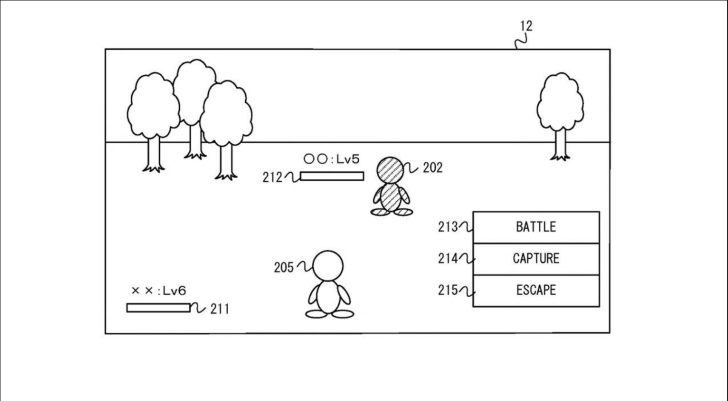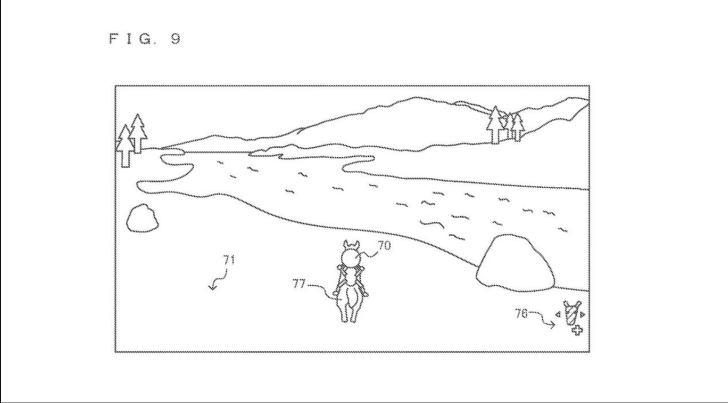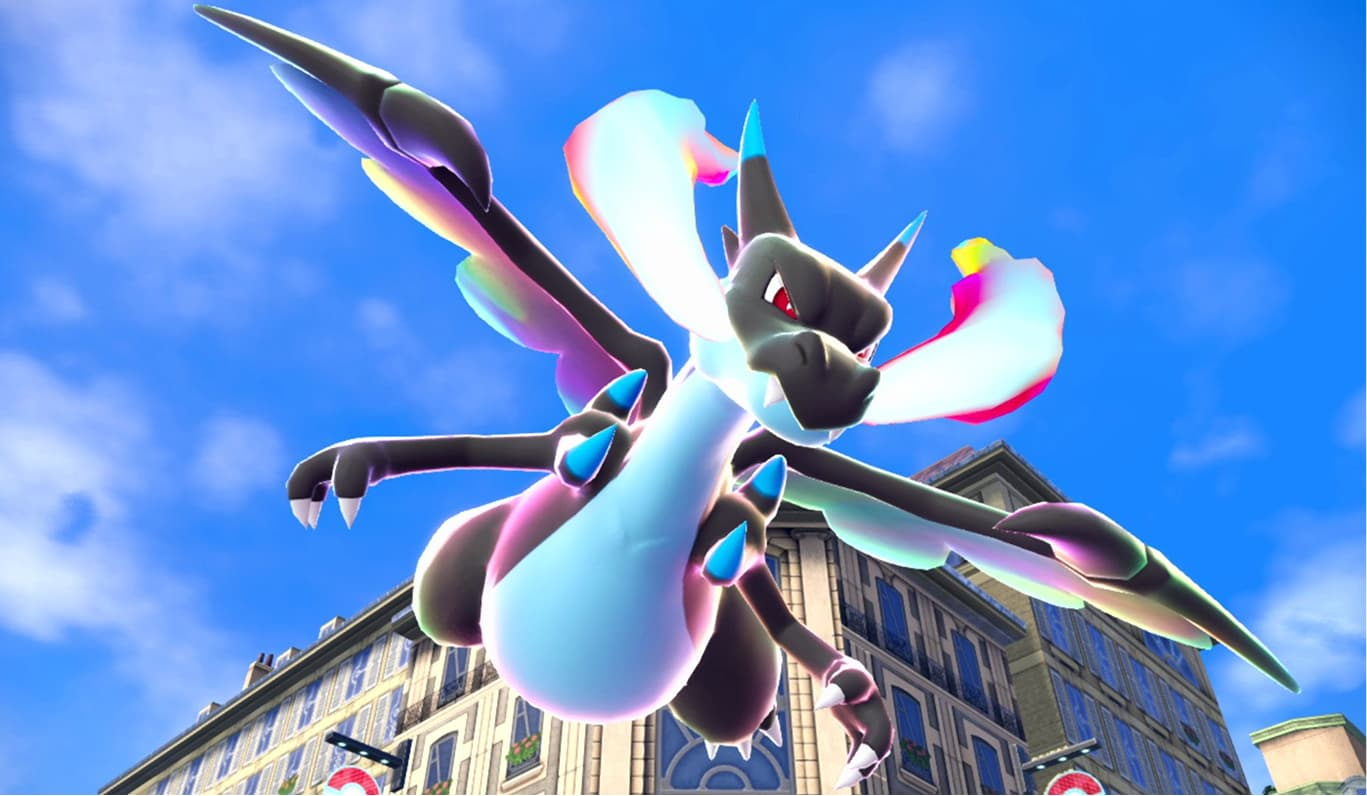Reports recently revealed that Nintendo obtained two controversial U.S. patents last week, intensifying scrutiny over its legal clash with Palworld developer PocketPair. Gamesfray identified Patent 12,403,397, which covers mechanics for “triggering an auxiliary character’s involvement in combat,” a system reminiscent of creature-based battles in titles like Pokémon. A second filing, Patent 12,409,387, protects gameplay around characters mounting in-game entities—another potential weapon in Nintendo’s ongoing litigation strategy.
While companies frequently patent game systems, intellectual property attorney Kirk Sigmon argues these approvals reflect systemic flaws. In an interview with PC Gamer, he criticized the U.S. Patent Office’s lax review: “These patents represent a significant oversight. The claims lack the specificity and novelty required for approval, yet they slipped through with minimal scrutiny.” He added that such rulings empower corporations to weaponize vague patents against smaller studios, undermining fair competition.





Sigmon emphasizes the broader consequences: “These rulings force developers into costly legal battles over concepts that should be ineligible for patents. The system is meant to foster innovation, not enable monopolistic tactics.” He notes that while challenges like Inter Partes Reviews could overturn such patents, the ease of their initial approval casts doubt on regulatory oversight.
The patents align with Nintendo’s aggressive stance toward perceived copyright infringements. Earlier this year, the company reportedly amended existing filings to strengthen its case against PocketPair, signaling a pattern of leveraging intellectual property law to stifle competitors. Industry analysts warn that unchecked patent approvals could chill creativity, as studios avoid mechanics deemed proprietary by industry giants.
As debates over patent reform escalate, legal experts urge stricter review processes to prevent broad claims from stifling game design. Until then, fears persist that major firms will exploit loopholes to control foundational gameplay elements, reshaping the industry’s creative landscape.

